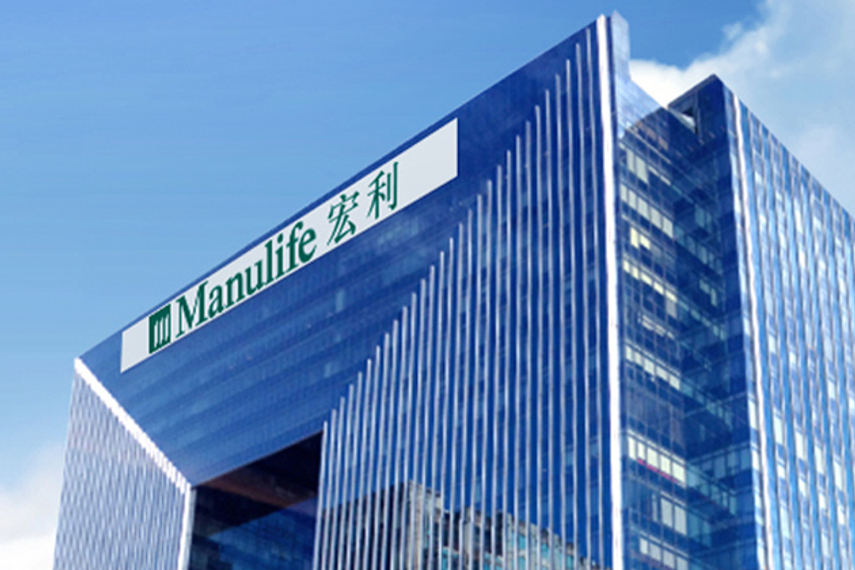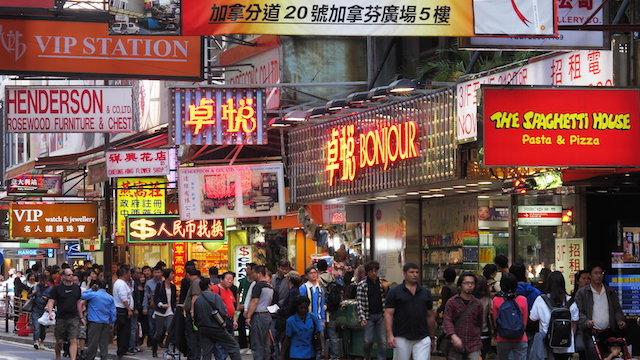Manulife’s Strategic Move: Relocating to Hong Kong’s Dynamic Financial Landscape
In a significant strategic decision, Manulife (International) has announced its plans to re-domicile from Bermuda to Hong Kong, effective this November. This move represents more than just a geographical shift; it’s a powerful statement of confidence in Hong Kong’s evolving financial ecosystem and its potential as a global insurance hub.

The company’s decision comes at a particularly interesting time, following a recent visit by Christopher Hui Ching-yu, Hong Kong’s Secretary for Financial Services and the Treasury. During his trip to Canada, Hui actively engaged with top executives from Manulife and Sun Life, encouraging them to consider Hong Kong as their operational base. His pitch highlighted the city’s exceptional suitability for global enterprises seeking sophisticated insurance, reinsurance, and risk management services.
Manulife is not pioneering this path alone. AXA’s Hong Kong and Macau arm previously became the first insurance company to leverage the government’s new company re-domiciliation regime just a month earlier. This emerging trend suggests a growing recognition of Hong Kong’s strategic advantages for international financial institutions.
Crucially, existing Manulife policyholders can breathe easy. The company has explicitly stated that this relocation will not impact current policy terms, conditions, or contractual rights. In fact, Manulife views this move as an opportunity to enhance service delivery and introduce more innovative insurance solutions by strengthening its local presence.
The re-domiciliation process is not a casual undertaking. It remains subject to relevant regulatory approvals, underscoring the meticulous approach required for such a significant corporate transition. By choosing Hong Kong, Manulife is signaling its commitment to positioning itself at the heart of a dynamic and rapidly evolving financial marketplace.

This strategic relocation reflects broader trends in the global insurance landscape. Companies are increasingly seeking locations that offer robust regulatory frameworks, strategic geographical positioning, and access to sophisticated financial infrastructure. Hong Kong, with its unique status as a global financial center and gateway to mainland China, presents an compelling proposition for international insurers.
For Manulife, the move represents more than a simple change of address. It’s a calculated decision that demonstrates confidence in Hong Kong’s potential as a premier international financial hub. By establishing a stronger local footprint, the company aims to better serve its clients and potentially tap into new market opportunities.

The implications of this move extend beyond Manulife itself. It sends a positive signal to other international corporations about Hong Kong’s continued attractiveness as a business destination, despite recent global economic uncertainties. The city’s proactive approach in creating flexible regulatory environments, such as the new re-domiciliation regime, appears to be yielding tangible results.
As the insurance industry continues to evolve, strategic decisions like Manulife’s will likely become more common. Companies will increasingly seek locations that offer not just operational efficiency, but also opportunities for innovation, growth, and enhanced client service.
While the full impact of this move will unfold over time, one thing is clear: Manulife sees Hong Kong as more than just a destination—it’s a strategic partner in its future growth and development.












